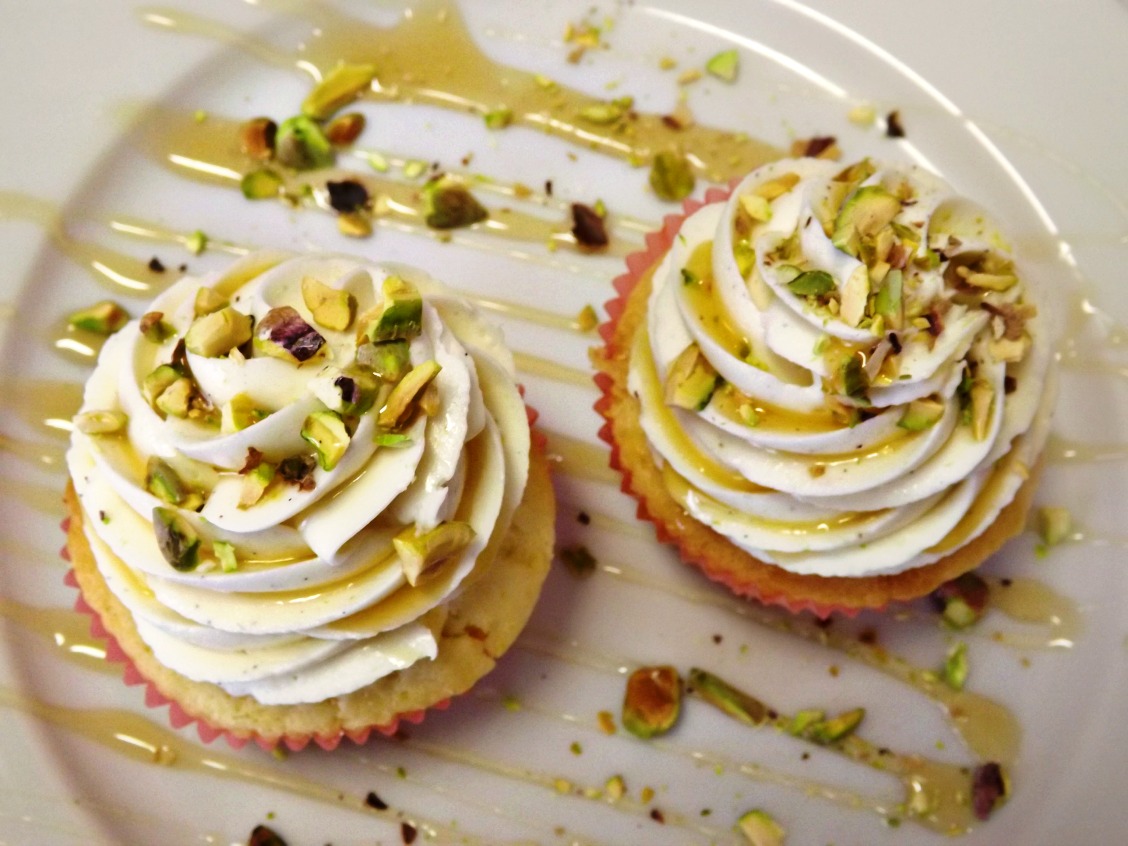Do you remember when your grandmother used to brew herbal tea, made of plants she picked and dried herself? In the times when medicine was not so easily accessible, people used to trust holistic medicine, and used herbs to boost energy levels, soothe minor illnesses, and strengthen the body. As a pregnant, nursing, or a new mother, you need all of these above received in the most natural and safe way for your baby. Are you aware of the power of nettle tea?

#1 Help with morning sickness
Pregnancy or the time right after giving birth is challenging for our digestive system. The problems with morning sickness, or irregular meals with a newborn on board both need extra support.
Nettle tea does wonders to our digestive system by the production of digestive enzymes, helping with indigestion and other digestive problems. It’s great aid with constipation, bloating, gastrointestinal inflammation, and overall discomfort. The birth centers recommend drinking nettle and red raspberry tea throughout pregnancy.
#2 Immunity boost
Pregnant, nursing, and new mothers know well how difficult it is to stay healthy during winter seasons and survive without taking any medicine which may be harmful for your unborn and the newborn. That’s why any natural supplements which will boost your immunity and prevent you from falling sick, and are safe for us and the baby, are worth our interest.
Nettle tea contains an abundance of vitamin C, which is crucial for immunity. Another important ingredient of the tea is antioxidants. It’s important to know how important is the balance between prooxidants and antioxidants and that the improper balance may have a terrible influence on the programming of many diseases of children. Oxidative stress is also really dangerous for your health.
#3 Soothing allergy symptoms
Allergies are difficult to cope with, and even more during pregnancy and breastfeeding, when the range of allowed allergy medicine is limited. As we already see, nettle tea has many benefits, so don’t be surprised it is helpful in terms of allergies too. Nettle has the ability of affecting the receptors and enzymes responsible for allergic reactions. It helps with nasal congestion and itching, as well as reduces respiratory inflammation.
#4 Strong and healthy bones
Pregnancy and breastfeeding periods are a great challenge for bones, in rare cases women may start suffering from osteoporosis. We have to be aware that we get one skeleton for all our life, and we really have to take care of it.
Nettle tea is rich with calcium and magnesium, which state the basic builders of bones, ensuring health and strength. When they both come together with vitamin K, also present in nettle tea and responsible for promoting calcium absorption, we get the perfect fusion.
#5 Risks of drinking nettle tea
Nettle tea has so many benefits, containing the minerals and vitamins able to soothe almost each of the health issues of a pregnant, nursing, and new mother. Apart from the abovementioned pros, nettle tea regulates blood sugar levels, cleanses liver and kidneys, promotes hair growth and healthy skin. It’s rich with vitamins, minerals and antioxidants.
Yet, it’s still a herb, which everyone should be careful about. Herbs have the power of healing our bodies, but when used in too big amounts, they may cause serious side effects. The issue with nettle is that there is still too little research proving complete safety of drinking nettle tea during pregnancy and breastfeeding.
There are some side effects that may occur when drinking nettle tea, so when you observe any of them stop drinking the tea right away and consult the doctor for the safety of your child.
It’s best to avoid drinking nettle tea at the beginning of pregnancy as it may cause contractions and stimulate the uterus. You may also notice a rash, similar to the one when your skin has contact with a nettle plant.
As with any herbs, be careful about drinking nettle tea and taking medicine, as nettle may interact with them. If you have any doubts if nettle tea is healthy for you, consult your doctor that you trust and who knows your medical history.











Leave a Reply